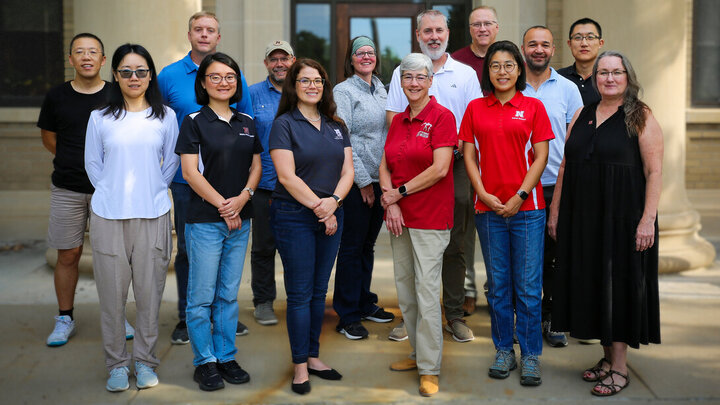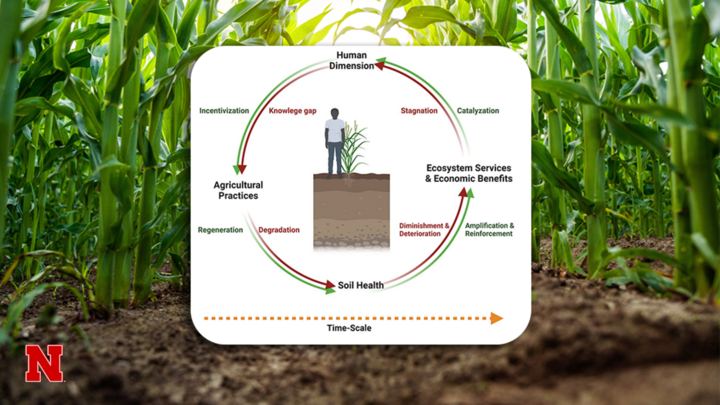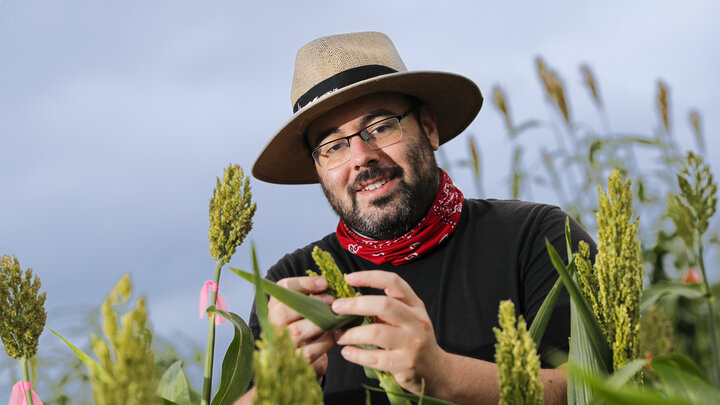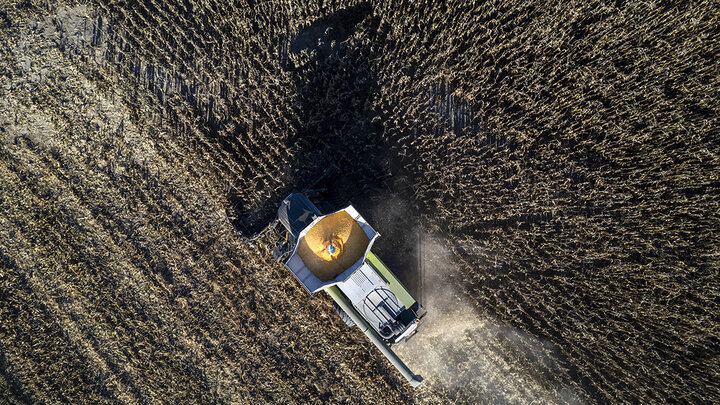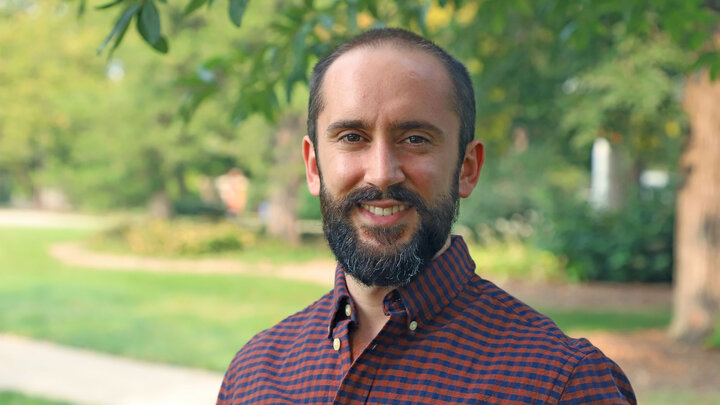“We’re asking beef producers to make changes without the science to know it is beneficial, and not being able to accurately measure whether their change worked,” said Galen Erickson, professor of ruminant nutrition and leader of the Beef Innovation hub at Nebraska.
Erickson’s team recently received a five-year, $5 million Grand Challenges grant from the university to address that issue. The project will establish scientific processes and develop technology to accurately measure greenhouse gas emissions from grazing cattle.
Researchers will study cattle in grazing systems at three of the university’s research facilities — the Eastern Nebraska Research, Extension and Education Center near Mead; Barta Brothers Ranch, southeast of Ainsworth; and Gudmundsen Sandhills Laboratory, near Whitman.
The Grand Challenges initiative is funded by the Office of the Chancellor and the Office of Research and Innovation. The grants are open only to Husker faculty and must address one of seven thematic areas. This grant, called Advancing Development of Assessments, Practices and Tools (ADAPT) to Produce Climate Smart Beef in Grazing Systems, addresses three of those priorities — climate resilience, sustainable food and water security, and science and technology literacy for society.
Gwendwr Meredith, social-ecological rangeland scientist and assistant professor within the Center for Resilience in Agricultural Working Landscapes in agronomy and horticulture and natural resources, is a part of that team.
Read full story at Nebraska Today.
